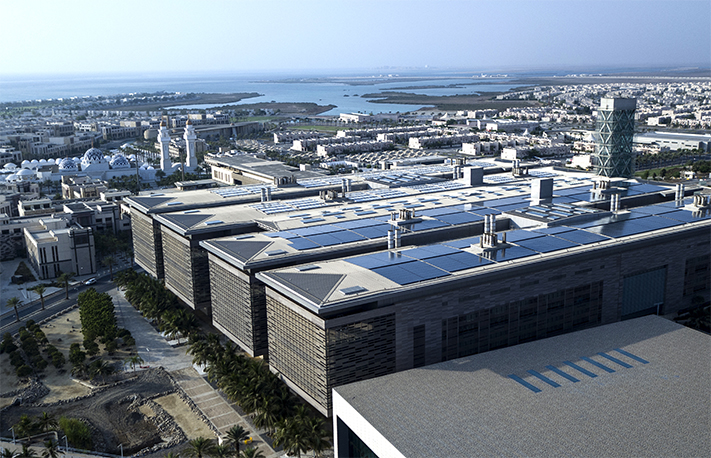VIDEO: Take a tour of our three divisions

The Academic Divisions and Research Centers support the University's research mission by bringing together faculty members, researchers and graduate students from across the disciplines. Together, they leverage the interconnectedness of science and engineering and develop interdisciplinary approaches to fundamental and goal-oriented problems.
The Biological and Environmental Science & Engineering Division
Research in the Biological and Environmental Science & Engineering Division (BESE) is focused on the molecular and cellular mechanisms through which organisms sense, adapt and respond to the environment, and the development of innovative technologies. BESE boasts state-of-the-art facilities and resources, including some of the most advanced equipment in the world for genomics, proteomics, imaging/characterization, nanofabrication, and capability to explore global marine environments.
The Computer, Electrical and Mathematical Science and Engineering Division
The Computer, Electrical and Mathematical Science and Engineering Division (CEMSE) is centered on predicting highly complex natural phenomena, such as climate, with mathematical models of ever increasing accuracy. Mathematical computations are used to design novel materials and to optimize important processes that help us resolve big issues such as availability of clean water and energy. Computer, Electrical and Mathematical Sciences and Engineering are cornerstones of modern life, they help ensure the continuity and sufficiency of the supply of water, food, energy in a sustainable environment; they drive industrial production lines, they give new materials for upcoming technologies and better healthcare.
The Physical Science and Engineering Division
The Physical Science and Engineering Division (PSE) operates five graduate programs corresponding to five core disciplines: Chemical and Biological Engineering, Chemical Science, Earth Science and Engineering, Material Science and Engineering, and Mechanical Engineering.The science produced in PSE is about understanding, modeling, and manipulating matter at all scales: nano, meso and macroscopic levels; in all forms: bulk, thin films, divided colloids, fluid flows, earth as system etc.; and in interaction with external stimuli: light, heat, fluids, etc.; or stresses. The knowledge created serves to design and engineer materials, technologies, and systems that will address issues related to KAUST’s four thrusts: water, food, energy, and the environment.

